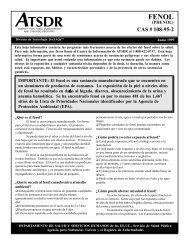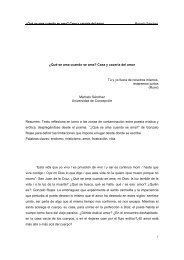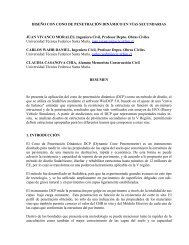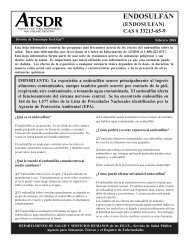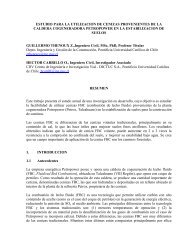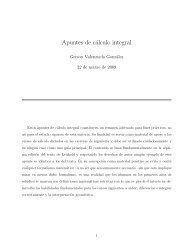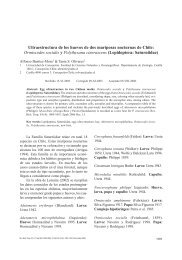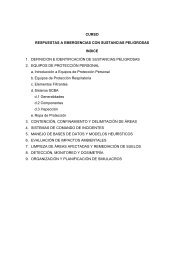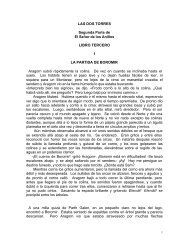Beer : Health and Nutrition
Beer : Health and Nutrition
Beer : Health and Nutrition
You also want an ePaper? Increase the reach of your titles
YUMPU automatically turns print PDFs into web optimized ePapers that Google loves.
6 The Impact of Alcohol on <strong>Health</strong><br />
In this chapter we consider the effect that alcohol, including in the form of beer, might<br />
have on the overall state of healthfulness of the body. What harm might it do – <strong>and</strong><br />
might it actually do some good? And let us start from a baseline statement that alcohol<br />
is relatively non-toxic, with an oral LD 50 for the rat of 13.7 g/kg (i.e. the amount of<br />
ethanol which will kill half of the animals in an experimental population) (Bakalinsky<br />
<strong>and</strong> Penner 2003)<br />
Increasingly the evidence is that there appear to be bene ts in drinking beer (<strong>and</strong><br />
other types of alcoholic beverage). Guallar-Castillon et al. (2001) concluded that the<br />
consumption of total alcohol (wine <strong>and</strong> beer) was associated with a lower prevalence of<br />
sub- optimal health. Hospitalisation is less acute for daily moderate drinkers (Longnecker<br />
& McMahon 1988), especially for women who had consumed between 29 <strong>and</strong> 42<br />
alcoholic beverages in the fortnight prior to lling in the questionnaire. Artalejo et al.<br />
(2000) found that moderate drinkers in Spain were less likely than abstainers to use<br />
healthcare services. Meanwhile Wiley <strong>and</strong> Camacho (1980) showed that moderate<br />
alcohol consumption (17–45 drinks per month) was associated with the most favourable<br />
adjusted health scores.<br />
<strong>Beer</strong> drinkers were shown by Richman <strong>and</strong> Warren (1985) to have signi cantly<br />
lower rates of morbidity (sickness) than expected – one drink per day giving 15% less<br />
disability than was the case for the general population.<br />
There will be those reading this who will not be able to countenance such ndings.<br />
If these people nd it hard to swallow that drinkers, imbibing in moderation, could be<br />
less ill, then they might note that they have certainly not been shown to be more sick.<br />
However, we must stress always that many of these studies are dealing with correlation,<br />
not necessarily causality. Some will argue that there may be other confounding factors<br />
not explored in the studies, <strong>and</strong> that those who tend to drink in moderation may have<br />
other lifestyle attributes that are the true reason for their enhanced healthiness. However,<br />
the sheer frequency of studies that have demonstrated the bene ts of restricted alcohol<br />
intake, which we will explore in this chapter, weigh heavily in support of the merits of<br />
sensible drinking.<br />
In the mid-1990s, the Department of <strong>Health</strong> within the British government addressed<br />
the matter of recommended safe limits for drinking. After (we presume) careful consideration<br />
of the scienti c <strong>and</strong> medical evidence available up to that stage, they increased



